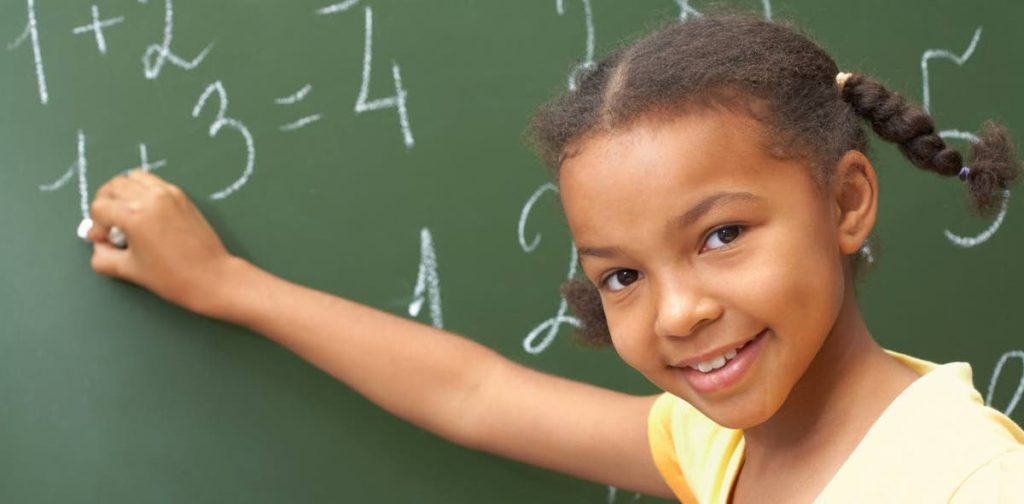Music and memory

Carnival 2019 is over. The hundreds of events leading up to Carnival Monday and Tuesday, and the two days of gay abandonment on the streets of TT are now just a memory. But the lyrics to the music, especially the more popular soca songs, are stuck in the mind.
"I want you to find your way everybody on stage
Oh lad oh
If you coming down from the mountains
oh gad oh
When the riddim beating in town
See we jumping on
D savannah grass, d savannah grass"
I heard a little voice coming from the back seat of the car on Friday morning on my way to school drop off.
It used to amaze me how my son, like most children I encounter, can commit the lyrics of so many songs to memory in the space of a few months with no effort, yet struggles with Math formulas and Grammar rules he has been learning over longer periods. It was only when I read an article on the universityhealthnews.com website that I understood the connection between music and memory.
"As we listen to or perform music, neural pathways all over our brain light up. In fact, nearly every region of the brain is involved in musical activities. Music stimulates connections between both sides of the brain and activates brain areas associated with emotional, cognitive, and memory processing," the article said.
"If you hear a new piece of vocabulary in a song, you learn it in a context; and that makes it easier to remember. Learning songs for children is a great way to remember things like colours, numbers, and parts of the body. Pop songs can be a fun way to learn idioms, expressions and phrasal verbs too," an article in englishlive.ef.com said.
Can you imagine what could happen if songwriters like Nadia Batson, Kernel Roberts and Kees Dieffenthaller decided to use their gift to promote learning through music? If they can use their pens and musical prowess to simplify the complexities of some concepts in Math, Grammar and other subjects and put them in their proper context? I can envision an educational revolution because, above all else, music is fun. Children love fun. Music can make learning fun.
What if instead of:
But yuh pack all meh clothes in a garbage bag
You put it on de ground by de roadside
You tell me get out yuh place, doh come inside
Baby doh do me dat, yuh go break meh heart
Cyah believe you ready to give on we jusso...
Nadia Batson had written something like this:
So you link two ideas with a conjunction
The three basic types aren't confusing
Coordinating, subordinating and correlative
Baby don't be nervous, because it's not hard
Just keep focused and everything will be okay...
And there are even more benefits. According to englishlive.ef.com, music, especially singing, can do more than boost memory in a fun way.
"To pronounce words clearly in English, you need to exercise the muscles used to make each sound. We can do this through speaking but when we sing, we need to make each sound a lot clearer and louder. This gives the muscles in your mouth a real workout, just like going to the gym does for your body, and makes it easier to speak in real life."
Additionally, singing promotes proper breathing, which is important for proper pronunciation, as singing highlights where it’s best to take a breath in sentences so that they sound most natural.
#1son will be in the SEA hot seat next year, and on behalf of him and all the children of TT, I'm challenging Nadia, Kernel and Kees to get started right away. Drop some formulas and rules in a big tune nah! Do it for the children.

Comments
"Music and memory"